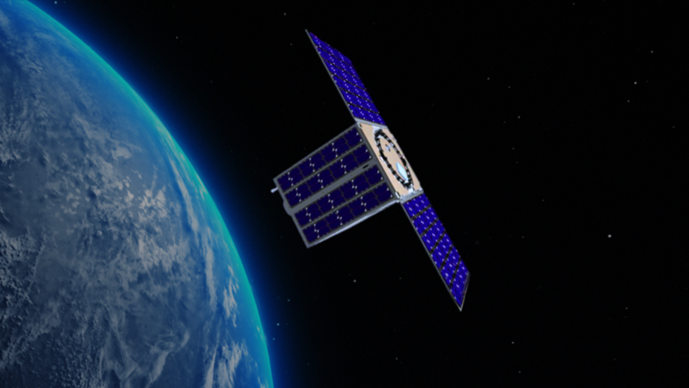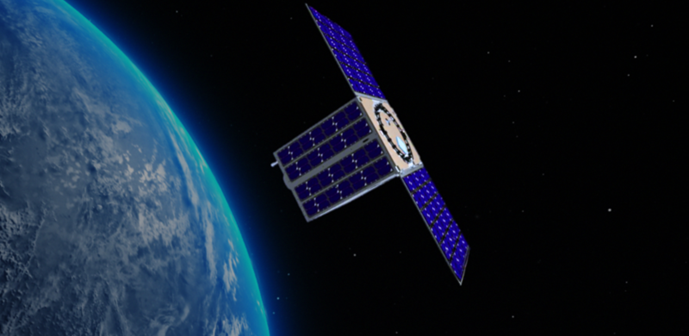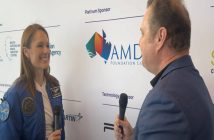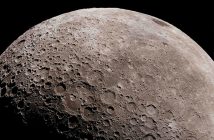
Written by staff writer.
New Zealand’s Frond Space Systems has signed a contract with Gilmour Space Technologies to supply a drag sail system for the Australian space company’s MMS-1 satellite mission. Frond confirmed the deal in a March 11, 2024, statement.
The drag sail increases the drag and deorbiting of a spacecraft. As a result, the spacecraft is more likely to burn up as it re-enters Earth’s atmosphere. Frond says this should reduce the risk of space debris and collisions, making flights more environmentally sustainable and less likely to run afoul of regulators. It also frees up an orbit for another satellite.
“This is a great opportunity to showcase our innovative deployable space technology and contribute to the responsible use of space,” said Ben Taylor, CEO and Co-Founder of Frond.
Frond is a spin-out from the University of Auckland’s Space Institute. Taylor has a PhD in the space environment and an M.Phys Physics in satellite technology. The other Co-Founder, Jason Shore, has a PhD in bistable deployable booms and a first-class master’s degree in mechanical engineering. New Zealand company records show the Auckland-based entity was registered in May 2023. Its core business is deployable space systems.
Gilmour’s MMS-1 mission is scheduled for early 2025 and will send a 100-kilogram satellite into low Earth orbit. Frond says its drag sail will be attached to the satellite and deployed at the end of the mission.
“The new five-year deorbit requirement introduced by the US Federal Communications Commission (FCC) is a great step in the right direction for the responsible and sustainable use of the space environment,” said Kody Cook, head of satellites at Gilmour. “Products like the MICRO drag sail system developed by Frond Space will be critical for meeting these requirements. It’s also a core part of our strategy to support the growth of the trans-Tasman supply chain and start-up ecosystem as we continue to develop future platforms.”
Ahead of the MMS-1 mission is Gilmour’s maiden test flight of its three-stage Eris rocket, which the company had hoped to conduct as soon as this month. Australia’s Minister for Industry and Science recently granted Gilmour a launch facility licence for its greenfields Bowen Spaceport, but the company is yet to secure the required separate launch permit. The Australian Space Agency says Gilmour is still working with its Space Regulator’s Office to show that the planned launch satisfies criteria in the Space (Launches and Returns) Act 2018.
Eris is attracting attention because it will be the first locally manufactured orbital rocket to launch in Australia and the first orbital launch attempt in the country in over five decades.
In addition to its collaboration with Frond, Gold Coast-based Gilmour Space is working with other space sector companies to get its first (and subsequent) launch happening, including Electro Optic Systems, DEWC Systems, Momentus, Fleet Space Technologies, AROSE, and the Space Machines Company.
Taylor says he is happy to join the ranks of Gilmour partner companies. “We are proud to be part of the growing space industry collaboration across Australia and New Zealand, and look forward to working with Gilmour Space and other partners in the region and beyond,” he said.





